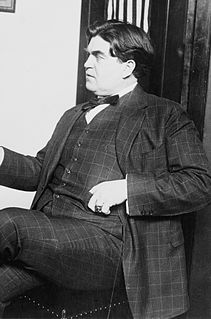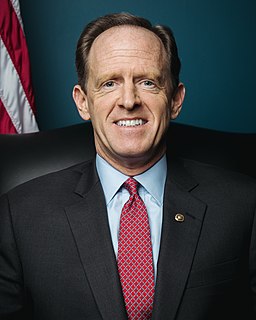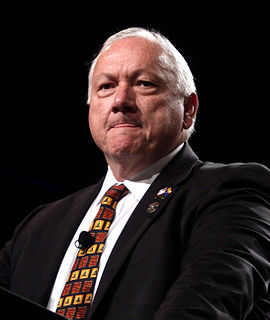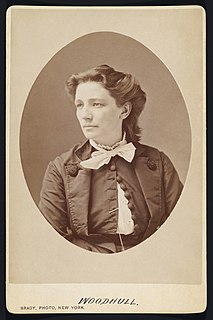A Quote by John L. Lewis
The real breeders of discontent and alien doctrines of government and philosophies subversive of good citizenship are such as these who take the law into their own hands.
Related Quotes
The pathfinders of modern thought did not derive what is good from the law. ... Their role in history was not that of adapting their words and actions to the text of old documents or generally accepted doctrines: they themselves created the documents and brought about the acceptance of their doctrines.
It wouldn't matter whether you were Latino or Hispanic or Norwegian. If you didn't have proof of citizenship and if the police officer had reasonable suspicion, he would ask and verify your citizenship. I mean, that's the way that it is. That's what the federal law says. And that's what the law in Arizona says.
If the most important revolutionary part of the George W. Bush Doctrine is that states that harbor terrorists are terrorist states, what do we conclude from that? We conclude exactly what Kissinger was kind enough to say: These doctrines are unilateral. They are not intended as doctrines of international law or doctrines of international affairs. They are doctrines that grant the U.S. the right to use force and violence and to harbor terrorists, but not anyone else.
Compelling a man by law to pay his money to elect candidates or advocate law or doctrines he is against differs only in degree, if at all, from compelling him by law to speak for a candidate, a party, or a cause he is against. The very reason for the First Amendment is to make the people of this country free to think, speak, write and worship as they wish, not as the Government commands.
As a matter of law the states recognized no constraints on their legislative scope other than those that were self-imposed. Even where particular state constitutions paid ideological lip service to constraints deriving from religious or natural law doctrines, they reserved to some constitutionally-defined body or person the right to interpret these doctrines.








































